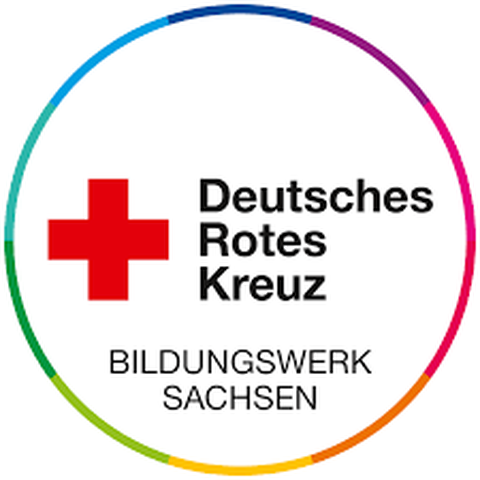Vocational pedagogical-didactic qualification initiative for practice-guiding personnel in healthcare professions (BeDiQUAPP)

Kooperationspartner, Standort Dresden
The project "Vocational didactic qualification initiative for practice-guiding personnel in healthcare professions (BeDiQUAPP)" is a joint project of the TU Dresden, Chair of Health and Nursing / Vocational Didactics and the educational institution of the German Red Cross in Dresden. It is funded by the Saxon State Ministry for Social Affairs and Social Cohesion. The kick-off meeting on 26.11.2019 marked the official start of the project with the participation of representatives from the Saxon State Ministry for Social Affairs and Social Cohesion, the BeDiQUAPP project group (project managers from TU Dresden and the DRK Bildungswerk Dresden) and other educational planners in the training and further education of practical instructors. There was close cooperation and exchange between those responsible at TU Dresden and the DRK Bildungswerk in Dresden for the entire duration of the project.
The aim of the project is to advance the qualification of practical instructors for the professional groups of emergency paramedics, nursing professions and physiotherapy in a forward-looking manner and to improve the quality of the respective training courses. Based on the analysis of relevant normative requirements, literature studies, professional field scientific findings on the areas of activity of practical guidance and the results of the expert workshops conducted in the project, a competence profile was developed, which was the guiding principle for the design of the modularized competence-oriented further training concept. On this basis, six competence-oriented modules were developed, which were then tested and evaluated in a pilot course at the cooperation partner, the DRK Bildungswerk in Dresden.
Particularly noteworthy are the empirically generated action situations from the respective expert workshops, which were integrated into the modules as recommendations and provide the teachers of the further education institutions with a basis for designing the modules in a situation-oriented manner.
The detailed description and evaluation report of the project can be found in the final report. An overview of the six competence-oriented modules can be found here:
- Module 1: Developing a professional understanding of the profession as a practice supervisor
- Module 2: Perceiving and shaping individual relationships
- Module 3: Planning practical training, preparing and implementing instruction situations, evaluating and ensuring quality
- Module 4: Assessing and evaluating
- Module 5: Shaping cooperation between learning venues
- Module 6: Being mindful and acting responsibly
- Accompanying material
